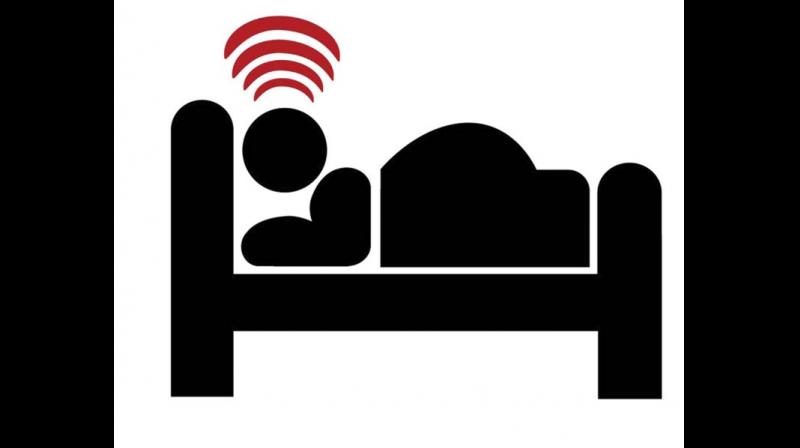Obstructive sleep apnea can cause diabetes

Chennai: Obstructive sleep apnea is now as common as hypertension, diabetes and heart disease and can lead to all of these if untreated, say experts. It has been observed that more than 53 per cent sleep apnea suspects are already suffering from either diabetes or high blood pressure but remain unaware of sleep apnea. In such a scenario, there is a critical need for effective treatment and management of sleep apnea.
"When a person sleeps at night, the muscles in the air passage collapse and the airways on the windpipe become narrow. Hence, it does not provide enough air for lungs and breathing gets affected and sometimes blocks the breath, which is called apnea. It basically affects people at the age of 30 to 40 above. Sleep apnea ultimately leads to increase the risk factors of diabetes like obesity and blood pressure as the body's reaction to sleep loss can resemble insulin resistance, a precursor to diabetes", said Dr N Ramakrishnan, Director, Nithra Institute of Sleep Science.
Sleep apnea affects children from age 4 causing enlargement in tonsils, snoring and obesity risk factors, which is responsible for the rise in incidence of diabetes at a young age. The complications among the diabetes patients may affect the heart, kidney and respiratory tract. Inadequate sleep not only disturbs emotional health but can cause drowsiness, concentration loss, stress in short-term and hypertension, cardiac disorders and sudden death in the long term.
People with sleep apnea tend to eat more for the energy needs of the body, leading to consuming sugar or other foods that can spike blood sugar levels. Reduced sleep can lead to insulin resistance, when cells fail to use the hormone efficiently, resulting in high blood sugar, leading to diabetes.
"Though sleep apnea seems to be a little uncommon in India, it is mostly because 70 to 80 per cent of people with the disease are still unaware of it. The incidences have increased in last 15 years and its risk factors are worsening the public health. Precautions can be taken by quitting smoking, reducing intake of alcohol, maintaining hygiene etc", said Dr Satish Kumar, neurologist, Fortis Malar Hospital.

